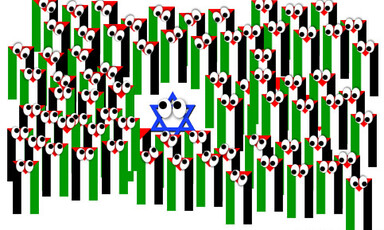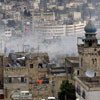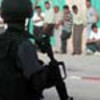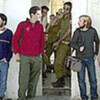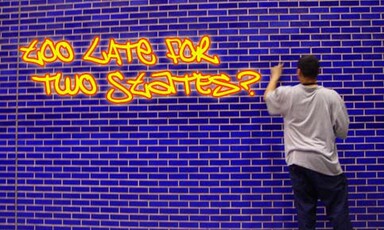
Can Israel escape a binational future?
20 December 2003
An Israeli official recently called for controls on the ability of Palestinians to have babies, and said the delivery rooms where Arabs are born are the “factory for a backward population.” This panicked response to what many Israelis see as a “demographic threat” from Palestinians fits the international legal definition of incitement to genocide. Meanwhile, leftist Israelis are debating ways to “withdraw” from Palestinians lands while keeping most of the settlers in place, and preserving a “Jewish democracy.” EI’s Ali Abunimah asks if any of these schemes can save Israel from a binational future. Read more about Can Israel escape a binational future?



